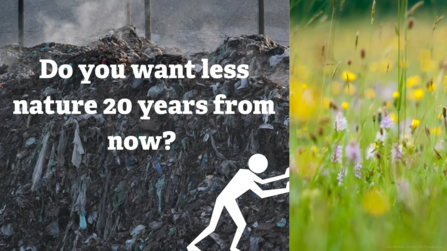The Wildlife Trusts have joined other nature charities in asking the Office for Environmental Protection to investigate the Government’s failure to publish required nature recovery targets by the stipulated deadline of Monday 31st October.
The Government has broken the law by failing to set the targets – the Secretary of State, Therese Coffey, has acknowledged that Defra is unable to do so despite the fact that the Government has been developing these targets for over three years and has had over four months since the public consultation closed.
These targets were stipulated in the 2021 Environment Act and promised in the Conservative Party’s 2019 manifesto. They are the legal foundation for nature’s recovery – requiring action to turn the tide of nature’s extreme declines. Without the targets, the Government also risks missing the legal deadline to publish a new environmental improvement plan.
Draft Government proposals published earlier this year were notably unambitious. They suggested aiming for just 10% more nature in 2042 than 2030 levels, by which time the state of our natural world is expected to have declined even further. This would mean that England will have even less wildlife in 20 years’ time than we do now.

